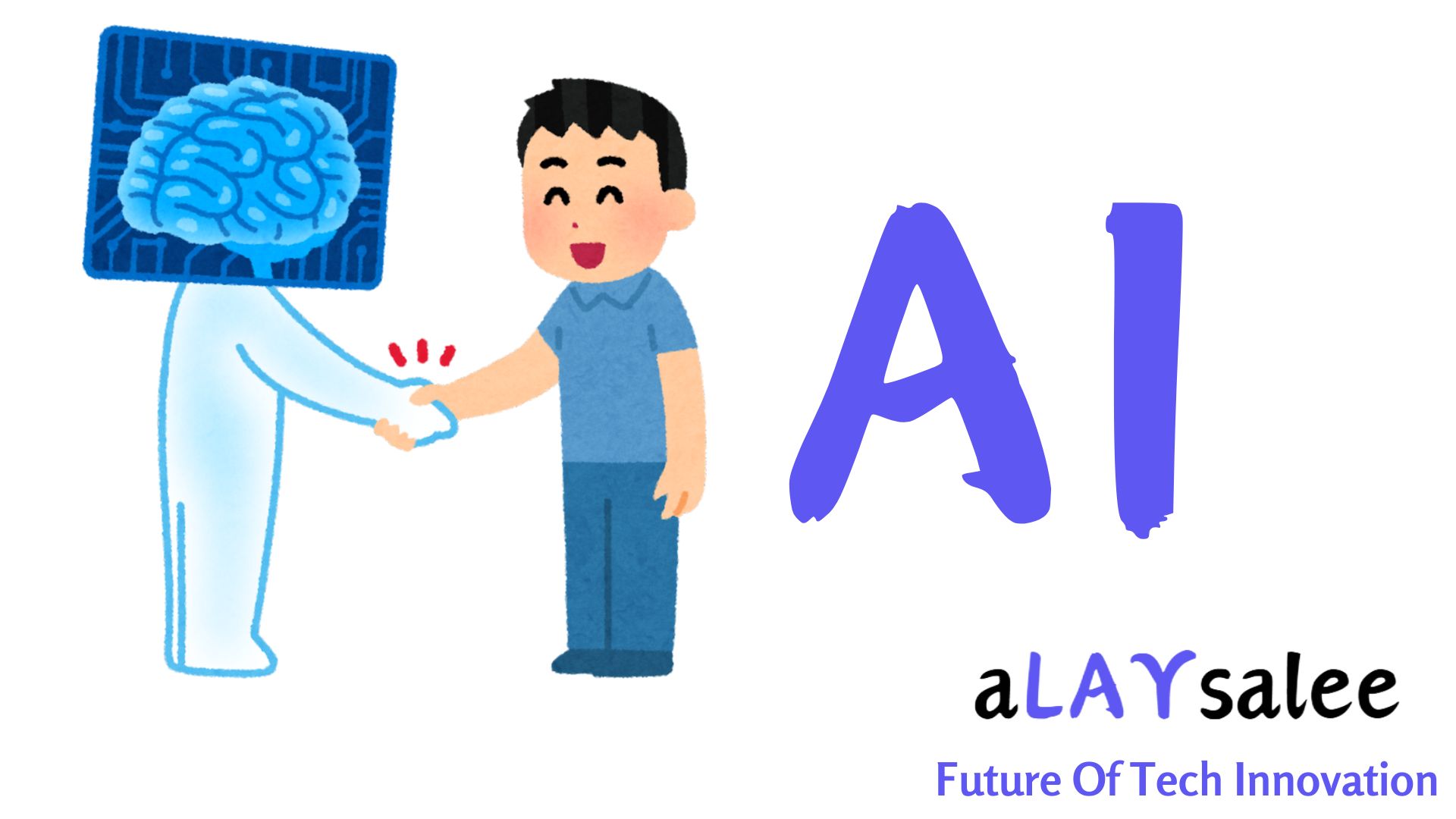Artificial Intelligence (AI) is rapidly transforming the landscape of modern business. From automating routine tasks to providing deep insights through data analysis, AI technologies are becoming integral to business operations across various industries.
One significant impact of AI is its ability to enhance decision-making processes. By analyzing vast amounts of data quickly and accurately, AI systems can identify patterns and trends that would be impossible for humans to detect. This capability allows businesses to make more informed decisions, optimize their strategies, and stay ahead of the competition.
Moreover, AI-powered automation is revolutionizing the way companies operate. Routine tasks that once required human intervention can now be performed by AI systems with higher efficiency and accuracy. This not only reduces operational costs but also frees up human resources to focus on more strategic initiatives.
Another critical aspect is the role of AI in improving customer experiences. Through personalized recommendations, chatbots, and customer service automation, AI is helping businesses to engage with their customers in more meaningful ways. These technologies enable companies to provide timely and relevant responses to customer inquiries, enhancing overall satisfaction and loyalty.
Despite these advantages, the adoption of AI also presents challenges. Concerns about data privacy, job displacement, and the ethical use of AI technologies are significant issues that businesses must address. It is crucial for companies to implement AI responsibly, ensuring that they comply with regulations and maintain transparency with their stakeholders.
In conclusion, the impact of AI on modern businesses is profound and multifaceted. As AI continues to evolve, it will undoubtedly bring about further changes and opportunities. Businesses that embrace AI and adapt to its advancements will be well-positioned to thrive in the future landscape.
Understanding the Impact of Artificial Intelligence on Modern Businesses
08 July 2025
